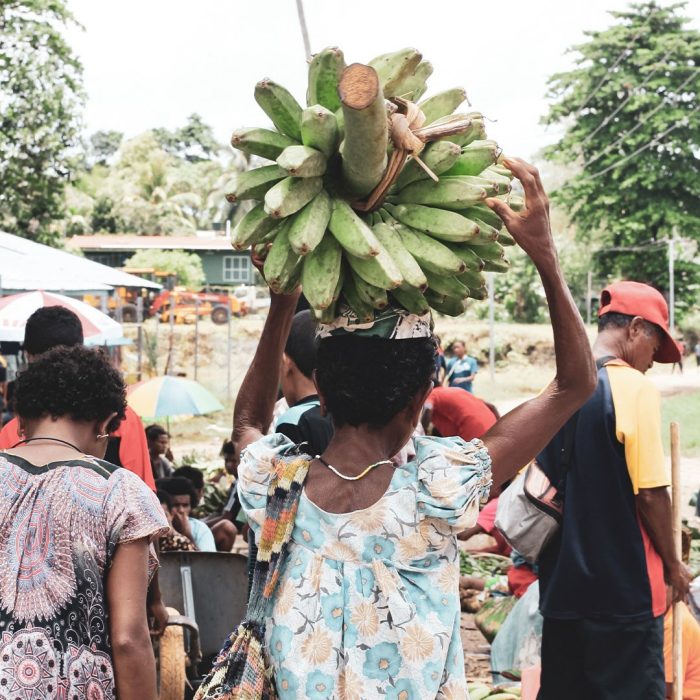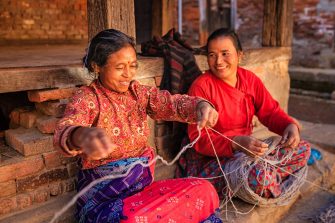Reimagining Development

Partnerships that balance the rights of communities to determine their development pathways are central to achieving work on collective development agendas.
The IGD collaborates on work that seeks to 'reimagine' development with a focus on new development partnerships and localisation.
Background
Through engagement in research and practice with collaborators, the team at the IGD is developing a method for reimagining support for development partnerships and communities in contexts of uncertainty and disruption.
This work draws on existing bodies of work and brings together researchers, donors, practitioners and communities to explore case studies and emerging ideas that will shape an agenda on reimagining development. It includes a series of events and research papers that begin to explore what reimagining looks like and how the IGD can contribute to shaping a path forward.





